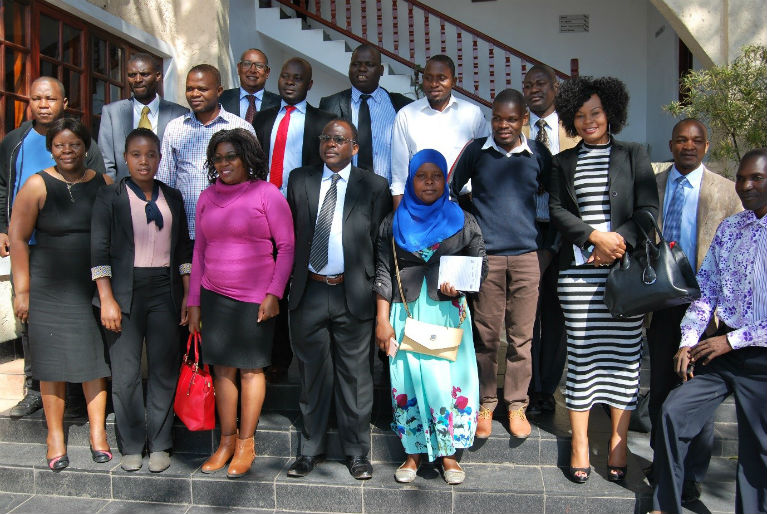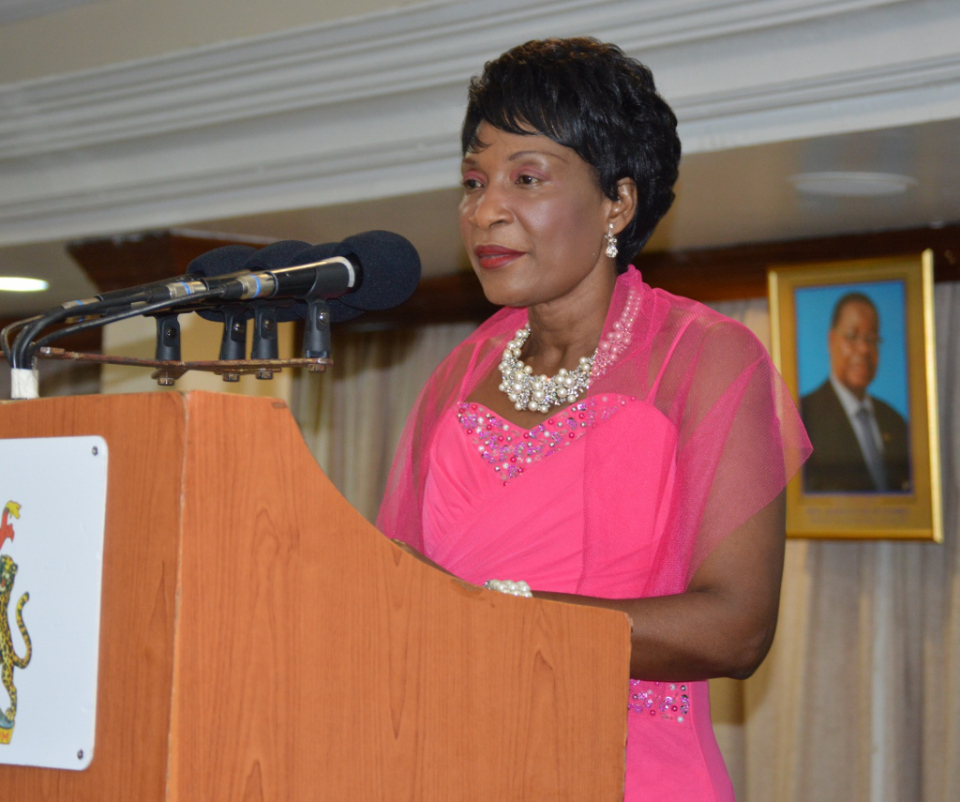Her Excellency Professor Gertrude Mutharika has applauded members of the press for their tireless efforts in bringing out issues meant to induce the public and duty bearers to act towards the development of the nation.
The First Lady made the remarks on Wednesday in Lilongwe when she officially opened a one-day health media training for journalists to help eradicate the stigma around infertility and its resultant domestic violence in Malawi and the rest of Africa.
The training, organized by Merck Foundation in partnership with Beautify Malawi Trust (BEAM) attracted 100 media professionals from the central region.
Mutharika said the Malawi media has ably contributed to the development of the country through reporting on health issues such as maternal health, sexual reproductive health, malaria, cancer and other diseases.
She said Merck More Than a Mother initiative aims to empower infertile women through access to information, education and health and by changing mindsets.
“Information is Power. Information gives a person the opportunity to change their minds and situation. The media, which provides most of that information, therefore has the power to negatively or positively influence the way people are viewed or behave.
“There is a health condition that is kept under wraps but is threatening to disrupt families and our communities. This condition is infertility. This is the reason that prompted me to consult Merck media to roll out the process beginning to demystify the problem of infertility,” she said.

According to Mutharika, who is an ambassador of Merck More than a Mother, Infertility is regarded as a taboo in Malawi, where people would rather suffer in silence without talking about it.
She said couples divorce each other, leaving women and children in a dire situation with no stable income for decent lives and that infertility in some cases also fuels gender-based violence, mostly against women which need to stop.
“Infertility is a gender issue because it wears a woman’s face in Malawi, where everybody believes that if a couple is failing to have a child, it is the woman who has the problem or is infertile. For this reason, the woman is shamed and suffers stigma. This, therefore, calls for critical engagement and cultivating a good working relationship with the media to sensitize the community,” she added.
Mutharika expressed happiness for Merck Foundation through the More than a Mother Initiative which has come in to help the country address the issue of infertility.
She said among other interventions, Merck Foundation will provide training to medical doctors to gain specialized expertise but also provide capacity training to groups such as the media to enable them to support the noble task of breaking the silence and promote discussion and open possibilities for the subsequent treatment of infertility.
She said the program will focus on the international standards and media ethics for reporting sensitive issues like infertility and other health issues in Africa.
“The training will benefit journalists in understanding the infertility issues in African communities and to learn the best media practices to cover such issues,” said Kelej.
She said there is a need for more awareness in the communities to prevent 85 per cent of infertility cases in Africa.
She later announced the call for application for Merck more than a Mother Media Recognition Award for Malawi and the rest of Arica.
She said applications are invited from media professionals to showcase their work to raise awareness about infertility prevention and breaking infertility stigma in Malawi.
“Journalists from print, online, radio and multimedia platforms from Malawi and the rest of Africa can submit entries till December 31, 2019,” she said.
Minister of information, Mark Botomani said the Malawi Growth and Development Strategy (MGDS) III says information and communication remains key enables for socio-economic development.
He said the training was meant to ensure that the people of Malawi have access to information necessary for their livelihoods by equipping the media to report more on it.
“For people to participate, they require communication. Our society has stereotyped issues of infertility. It is Her Excellency’s expectations that you the media professionals gathered here this morning will help address misconception about infertility by giving accurate information to the people through news stories and programs,” he said.
Merck Foundation is making history in many African countries where they never had fertility specialists or specialized fertility clinics before Merck More Than a Mother intervention to train the first fertility specialists. And such countries include Gambia, Chad, Guinea, and Ethiopia among others.

